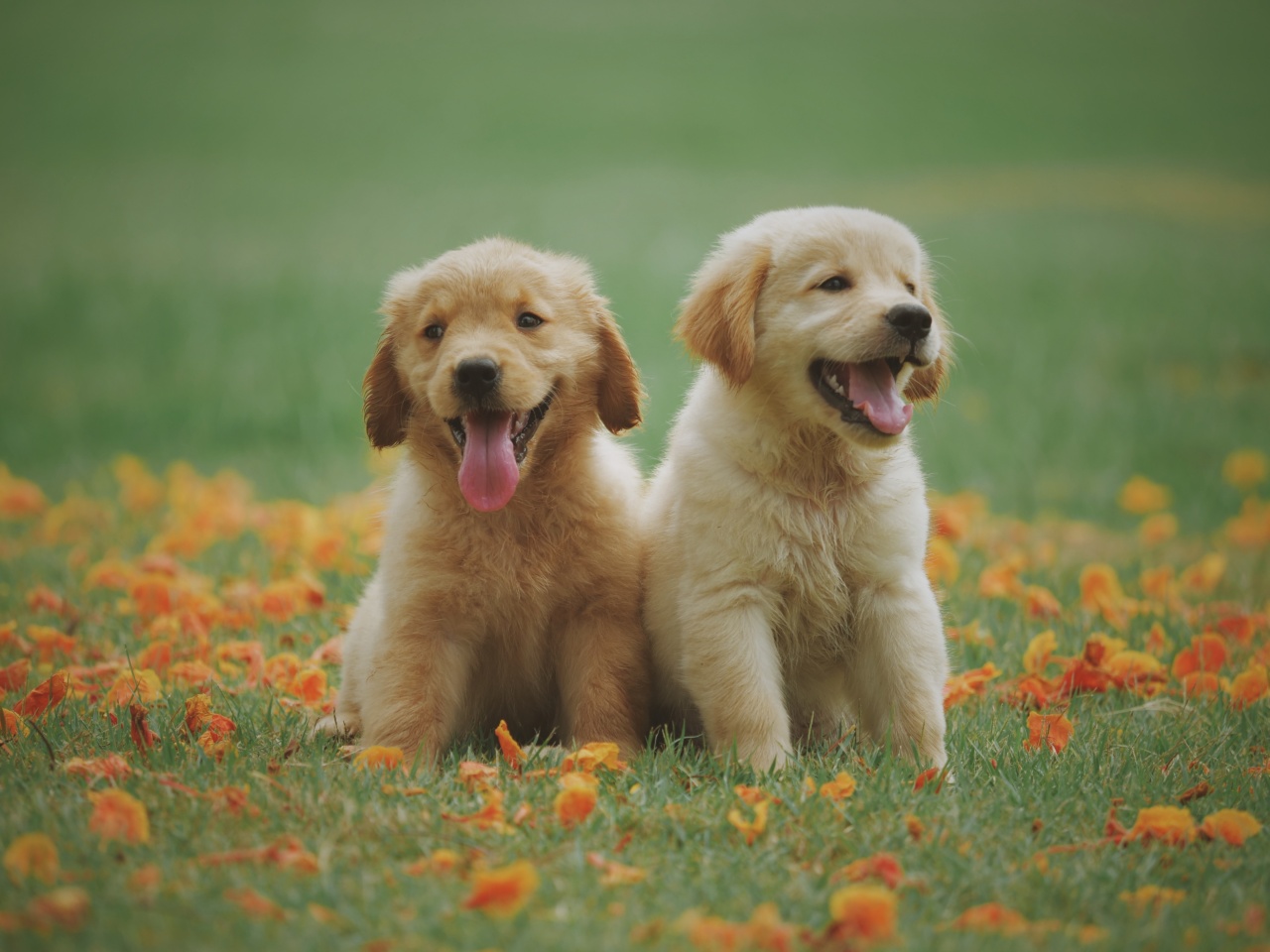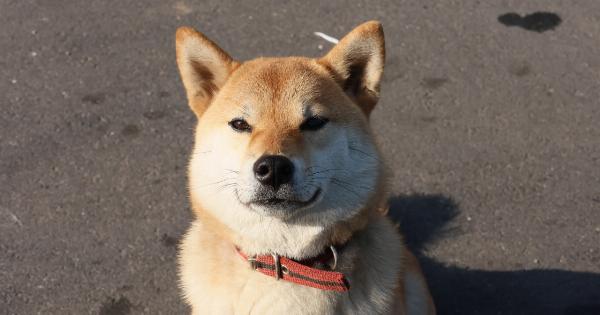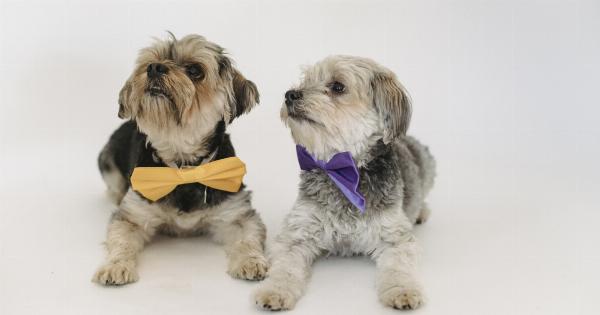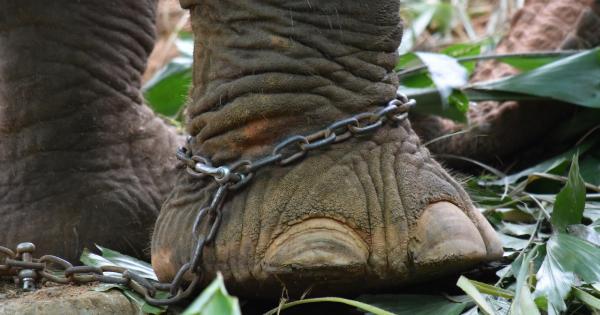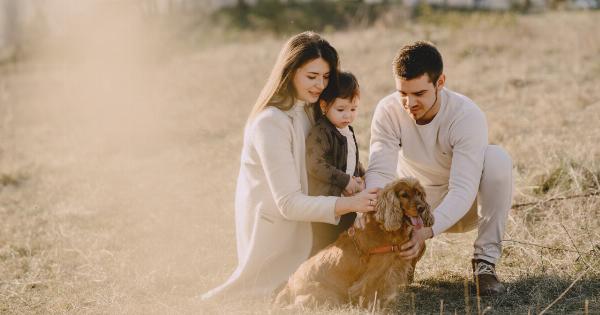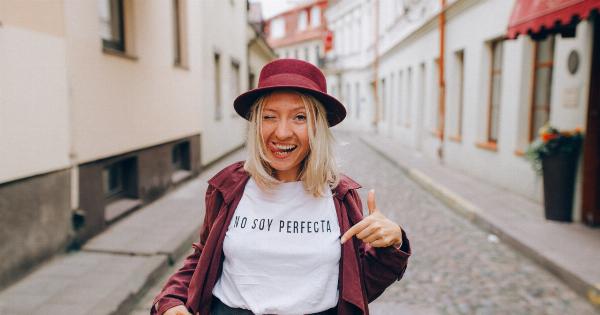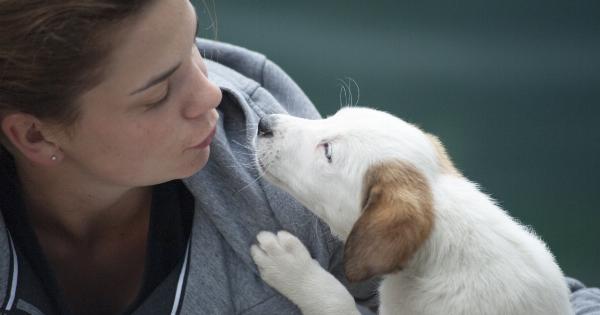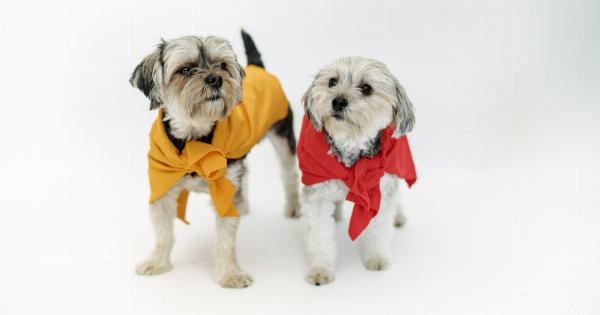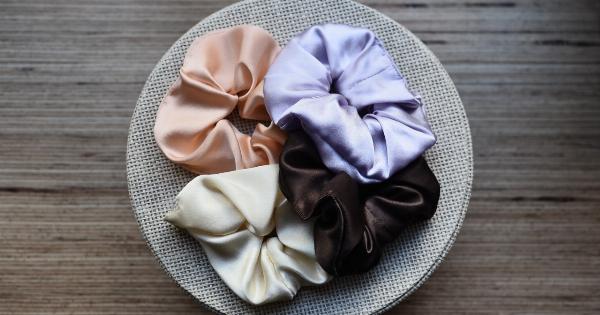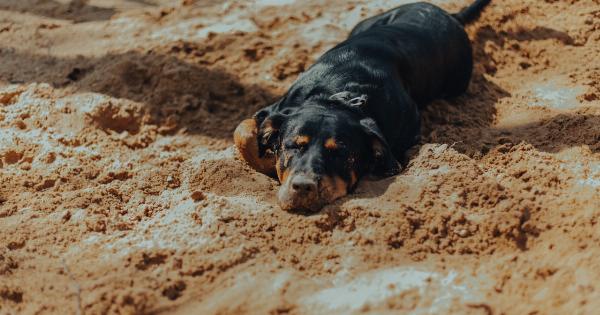For many people, adopting a dog is one of the most fulfilling and rewarding experiences. But for those with allergies, getting a dog can be a difficult and sometimes even a painful decision.
However, there are breeds of dogs that are considered hypoallergenic due to their low shedding and less dander production. In this article, we will explore the top hypoallergenic dog breeds to help you find the perfect furry friend.
1. Poodle
One of the best hypoallergenic dog breeds is the Poodle. They are highly intelligent, energetic, and come in a variety of sizes. Poodles shed very little and produce less dander, which makes them a great choice for people with allergies.
They also require regular grooming to keep their coats healthy and free from mats.
2. Bichon Frise
The Bichon Frise is another popular hypoallergenic dog breed. They are small, playful, and have a very fluffy coat that does not shed. Their coat produces less dander, which makes them a great choice for people with allergies.
However, they do require regular grooming to keep their coats healthy and prevent any skin irritations.
3. Maltese
The Maltese is a small dog breed with a beautiful long coat. Their coat produces less dander and does not shed, making them an ideal choice for people with allergies.
Maltese dogs are known for their affectionate and friendly nature, and are great companion dogs.
4. Yorkshire Terrier
The Yorkshire Terrier is a small dog breed with a big personality. They are highly affectionate and energetic dogs that come in a variety of different colors.
The Yorkshire Terrier’s coat produces less dander and does not shed, which makes them a great choice for people with allergies. They do, however, require regular grooming to prevent their coat from becoming matted.
5. Shih Tzu
The Shih Tzu is a small dog breed with a long, flowing coat. Their coat produces less dander and does not shed, which makes them a great choice for people with allergies.
Shih Tzus are known for their affectionate and loyal nature, and make great companion dogs.
6. Portuguese Water Dog
The Portuguese Water Dog is a larger hypoallergenic dog breed that is known for their energy and agility.
Their coat is water-resistant, making them excellent swimming companions, and produces less dander, which makes them a great choice for people with allergies. However, they do require regular grooming to prevent their coat from matting.
7. Wheaten Terrier
The Wheaten Terrier is a larger dog breed with a soft and silky coat. They are highly energetic and affectionate, and their coat produces less dander, which makes them a great choice for people with allergies.
However, their coat does require regular grooming to prevent matting and to keep it healthy.
8. Afghan Hound
The Afghan Hound is a larger dog breed with a beautiful and long coat. Their coat produces less dander and does not shed, making them a great choice for people with allergies.
They are known for their grace and elegance, but their coat requires regular grooming to prevent it from becoming matted.
9. Samoyed
The Samoyed is a larger dog breed with a thick and fluffy coat. They are highly energetic and affectionate dogs that produce less dander, making them a great choice for people with allergies.
Samoyeds do require regular grooming to prevent their coat from becoming matted and to keep it healthy.
10. Schnauzer
The Schnauzer is a medium-sized dog breed that comes in a variety of sizes and colors. They are highly intelligent and energetic dogs that produce less dander, making them a great choice for people with allergies.
Their coat requires regular grooming to prevent matting and to keep it healthy.
